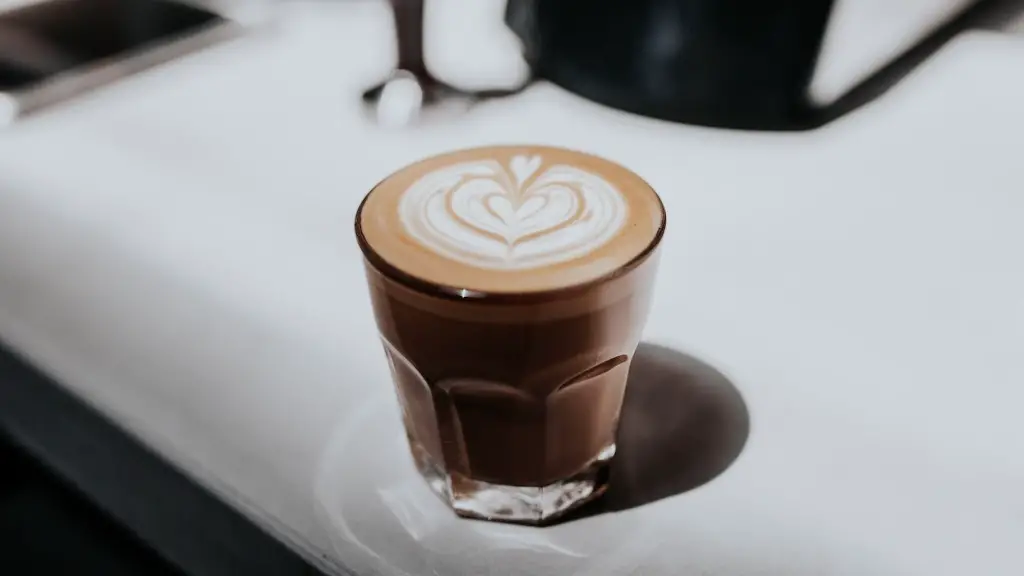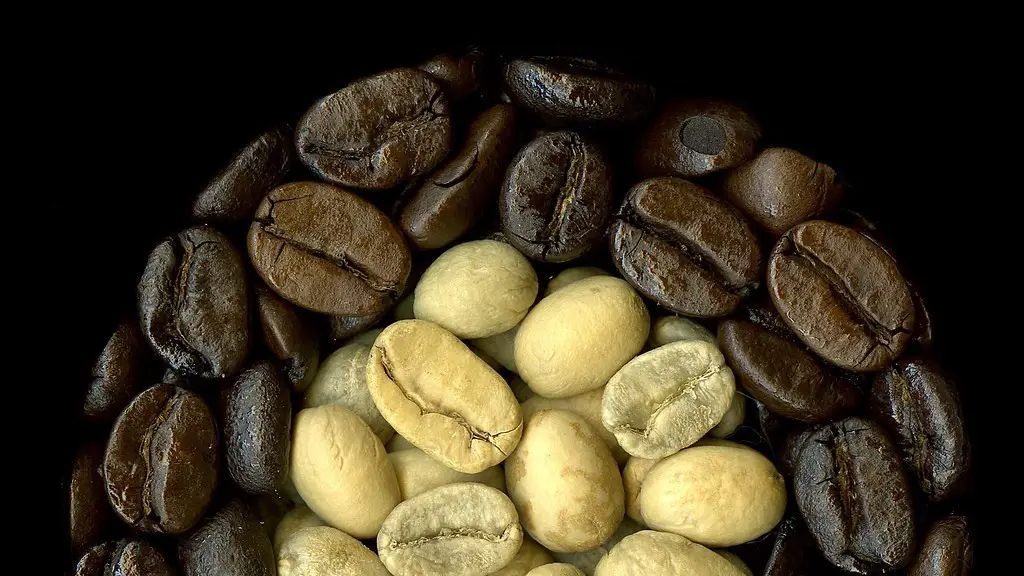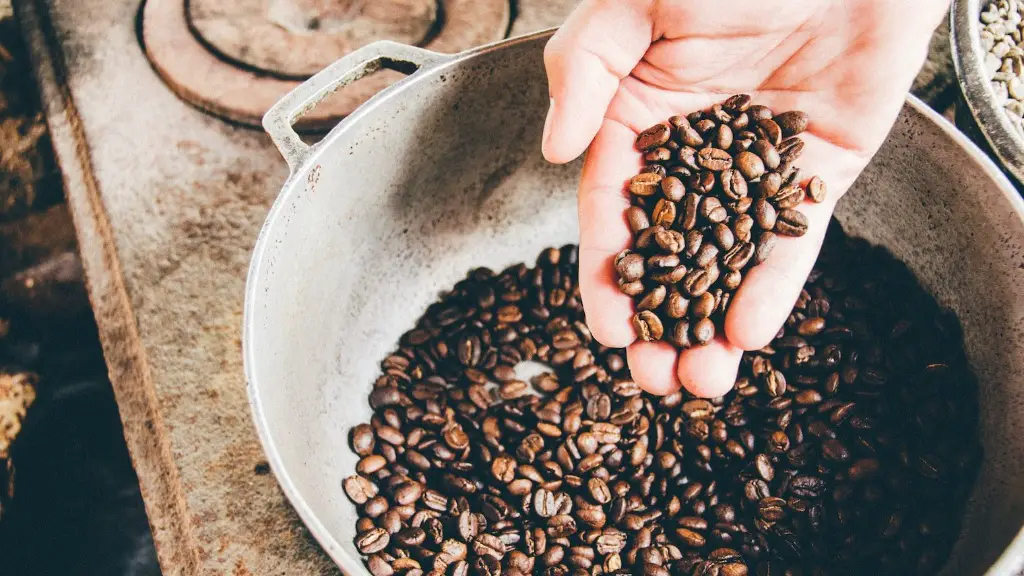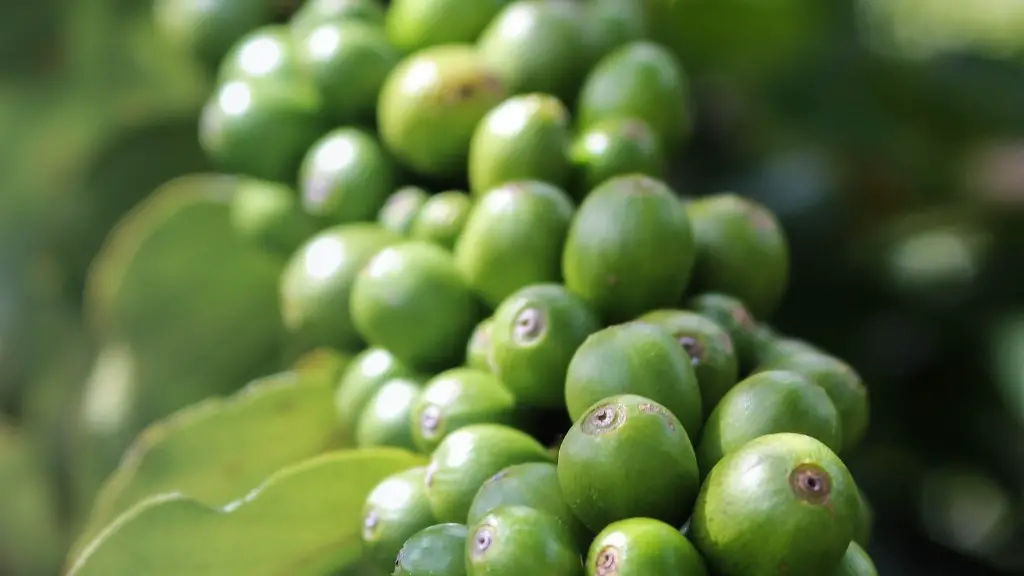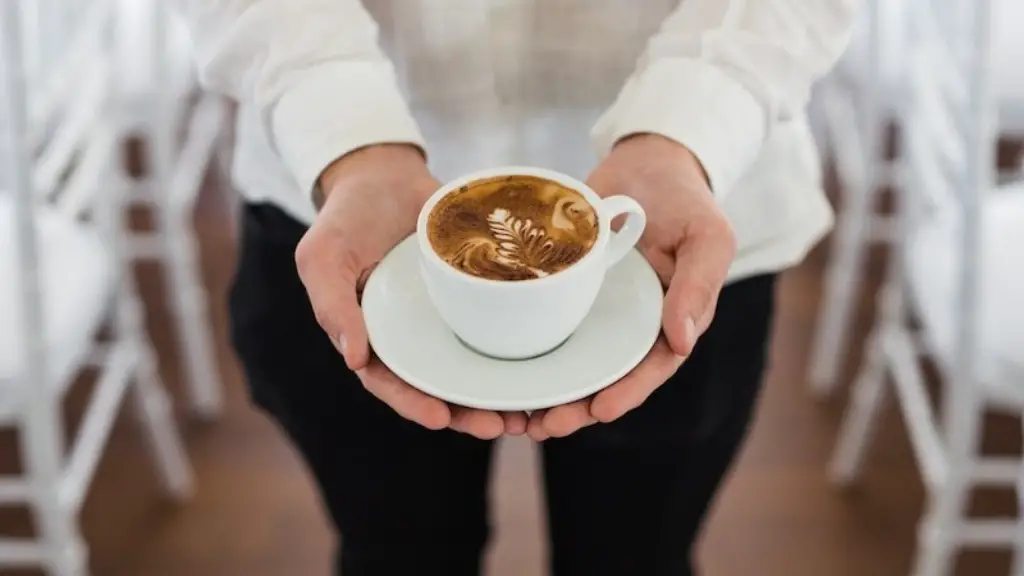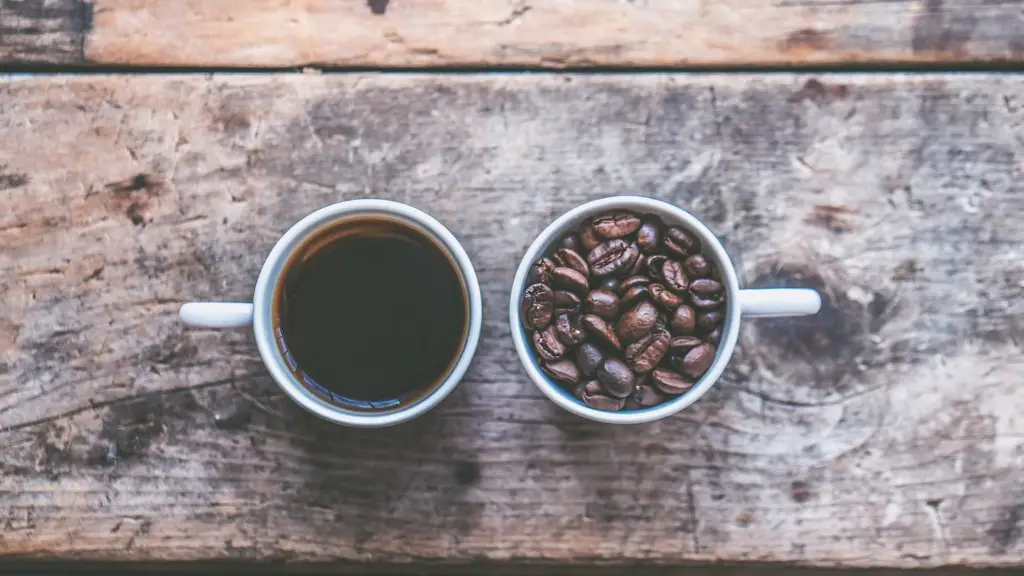Most of us like to indulge in a cup of coffee after a heavy drinking session, especially on weekends. Unfortunately, those two can be a dangerous mix.
This is because alcohol, which is a diuretic, can dehydrate the body and interfere with its ability to process the caffeine in coffee. Additionally, caffeine can cause dehydration as well, meaning that when consumed after heavy drinking, it can worsen the effects of dehydration.
Drinking coffee after drinking alcohol increases the risk of an unhealthy blood pressure and worsen sleep disturbances. Moreover, coffee can also weaken the effects of alcohol, increasing the urge to drink more.
According to experts, drinking coffee after alcohol will not help people sober up unless the person abstains from drinking and consumes that cup of coffee with a snack and plenty of water.
Furthermore, it affects how the body processes the caffeine, which can cause it to linger in the body longer than necessary. As a result, it could lead to other potential health issues such as restlessness, anxiousness, irritability and even palpitations.
Moreover, if consumed repetitively in conjunction with drinking, drinking coffee after alcohol can cause an accumulation of toxic substances in the body due to the decreased activity of some enzymes. This could potentially lead to liver and kidney diseases.
Thus, coffee should not be consumed after drinking alcohol as it has a lot of negative effects on one’s health and wellbeing. Drinking coffee could make one feel more alert but still be drunk, making them more likely to have a bad time and do something irrational.
Getting Enough Sleep
Getting enough sleep after drinking is essential for anyone’s recovery from alcohol consumption. According to the National Sleep Foundation, the average adult should be getting about seven to nine hours of sleep each night. This is especially important for people that have consumed alcohol since alcohol decreases the quality of sleep.
Luckily, there are some ways to increase the quality of sleep when consumed in conjunction with alcohol. First, one should ensure they are in an environment that is comfortable and dark, with no distractions before going to bed. Additionally, one should try to avoid drinking caffeine hours before going to bed or having any sugary snacks before sleeping.
At the same time, some calming activities before bed are recommended, such as having a warm bath, listening to relaxing music or reading a book. Doing these activities to induce relaxation helps the body to release melatonin, which is a hormone that helps to regulate the sleep-wake cycle.
Finally, one should try having a light snack, such as toast, as it helps to replace lost nutrients and improve the quality of sleep.
Alcohol and Alcohol Abuse
Alcohol abuse is a very serious health concern. According to the US Department of Health, an average of 88,000 people die from alcohol-related causes every year in the United States. This is why it is important for those who are consuming alcohol to practice moderation and to limit alcohol consumption.
Practicing moderation and limiting alcohol consumption helps to ensure that one is not consuming too much alcohol, which leads to the risks of alcohol abuse. Alcohol abuse involves a lot of not so great risks, including: weakened immune systems, increased risk of some types of cancer, and the health of long-term drinkers sometimes deteriorating faster than non-drinkers.
At the same time, those who are abusing alcohol may also exhibit signs such as an inability to control drinking, frequent blackouts, and changes in mood or behavior after drinking. It is important to be on the lookout for these signs as they are important red flags to help identify if one is going down the road to alcohol abuse.
If one can identify the signs of alcohol abuse, it is important to inform the individual of the risks of continuing to consume more alcohol. Additionally, it is important to seek help from medical professionals in order to help those facing alcohol abuse to treat the condition and live a healthier and more productive life.
Drinking Alternatives
For those who enjoy the effects of alcohol but not the risks, there are drinking alternatives that can provide enjoyable experiences. One of the most popular drinking alternatives is non-alcoholic beer. Non-alcoholic beer is normally low in calories and carbs, while being free of preservatives and other unhealthy ingredients. While it may not provide the same drunkenness of an alcoholic beer, non-alcoholic beer still offers a unique flavor that beer lovers can enjoy.
Aside from non-alcoholic beer, there are a few other alternatives that one can opt for when going out to socialize. Craft soda and kombucha are some examples of beverages that offer significant health benefits that beer does not. Craft soda is especially popular, as it is often low in sugar and is a healthier version of regular soda.
It is also important to remember that fruit drinks, such as smoothies and juices, are viable options as well. One can make any type of these drinks at home, while still having an enjoyable reading experience. Additionally, they can make sure that they are consuming plenty of water in between to ensure maximal hydration.
The Effects of Habitual Coffee Drinking
Consumer coffee could be a great way to get an energy boost without relying on coffee’s main component, caffeine. Habitual coffee drinking can have both positive and negative effects on the body. As coffee is generally low in calories, it can be beneficial to those looking to maintain their health and energy levels.
However, coffee is also high in caffeine which can have both negative and positive effects depending on the amount consumed. Consuming too much caffeine can leave one feeling anxious, irritable and may cause insomnia. Therefore, one should keep an eye on their caffeine intake when drinking coffees.
Additionally, some studies have found that long-term coffee drinking can have a negative effect on the heart and can increase the risk of heart disease, stroke, and other cardiovascular issues. While the exact effect of coffee on the body remains inconclusive, it is important to note that it is best consumed in moderation.
Mindful Of The Negative Effects Of Alcohol Consumption
Generally, it is important to be mindful of the potential negative effects of drinking alcohol. This includes short-term and long-term effects, such as impaired driving, disturbances in sleep, and dehydration. Alcohol addiction and abuse also lead to psychological and medical issues that can have long-lasting effects.
At the same time, it is essential to find ways to replace alcohol in the treatment of various mental, social and physical issues. To replace alcohol in order to engage in activities and places where alcohol is served, it is important to practice and develop mindful drinking habits. This involves having self-control, and taking regular breaks from drinking for a few days.
Additionally, it is also important to be mindful of one’s environment as it can have a huge effect on one’s drinking behavior. For example, it is better to hang out in spaces with fewer distractions and less encouragement to drink alcohol.
Meeting Places For People Who Don’t Drink Alcohol
Thankfully, it is easier now than ever before to meet likeminded people who prefer not to drink alcohol. There are many online groups and communities that welcome those who are sober and actively partake in activities that promote healthy and mindful living. Additionally, there are also sober bars and cafes opening all around the world, aimed at providing a safe and fun environment for those who don’t drink.
These sober spaces aim to provide an enjoyable experience for those who no longer drink, as well as those who are looking to take a break from alcohol. Additionally, these spaces are becoming less stigmatized and more people are looking for and taking advantage of these services for healthier alternatives.
Lastly, it is important to remember that you don’t need to drink alcohol to have an enjoyable time. There are many options available to enjoy the evening without the consumption of alcohol, such as sports events, dinner with friends or going to a movie.
